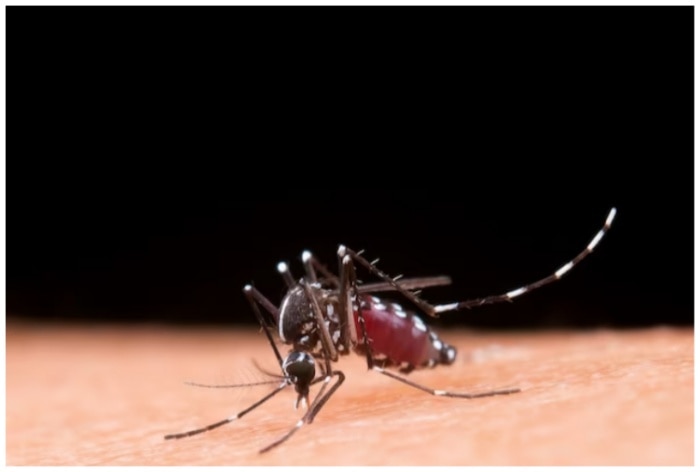Dengue cases are rising in India significantly. Deaths from dengue have also been reported in Kolkata. While the health departments are working on their toes, here is something that we all must know to be better aware of the infection.

Dengue cases are rising exponentially in different cities across India. In the past few weeks, the cases have witnessed a sudden spurt in Uttarakhand, Bengaluru and Kolkata. Monsoon seems to be on the verge of being over but these vector-borne diseases are still on the rise. This year, the number of cases has increased manifold owing to the incessant torrential rains and waterlogging in many cities. According to the data collected by the World Health Organisation, About half of the world’s population is now at risk of dengue with an estimated 100–400 million infections occurring each year. While many DENV infections are asymptomatic or produce only mild illness, DENV can occasionally cause more severe cases, and even death.
Most people with dengue have mild or no symptoms and will get better in 1–2 weeks. Rarely, dengue can be severe and lead to death.
HOW IS DENGUE TRANSMITTED?
The virus is transmitted to humans through the bites of infected female mosquitoes, primarily the Aedes aegypti mosquito. Other species within the Aedes genus can also act as vectors, but their contribution is secondary to Aedes aegypti.
While many people remain asymptomatic, for some it may turn fatal. A dengue death had been reported from Kolkata. It’s important to note that dengue can progress from mild to severe, and severe cases can lead to dengue haemorrhagic fever.
According to WHO dengue further can be classified as normal and severe and as the name suggestions the later is more fatal and might lead to the death of a patient as well.
DENGUE SYMPTOMS:
- High fever
- Pain behind eyes
- Swollen glands
- Nausea
- Muscle and joint pain
SEVERE DENGUE SYMPTOMS
- Heightened abdominal pain
- Bleeding in gums or nose
- Increased thirst
- Pale skin
- Extreme fatigue
- Rapid breathing
- Constant vomiting
The basic difference between the two is the severity of the symptoms. Severe dengue symptoms often come after the fever has gone away. Therefore, one must be very vigilante of the blood platelets counts and monitor the patient efficiently.
DENGUE PREVENTION GUIDE
- Cover your body when going out, wear full-length clothings
- USe mosquito nets at night especially for children
- Increase fluid intake
- Use mosquito repellants
- Keep the surroundings super clean and do not allow water to stagnate nearby
